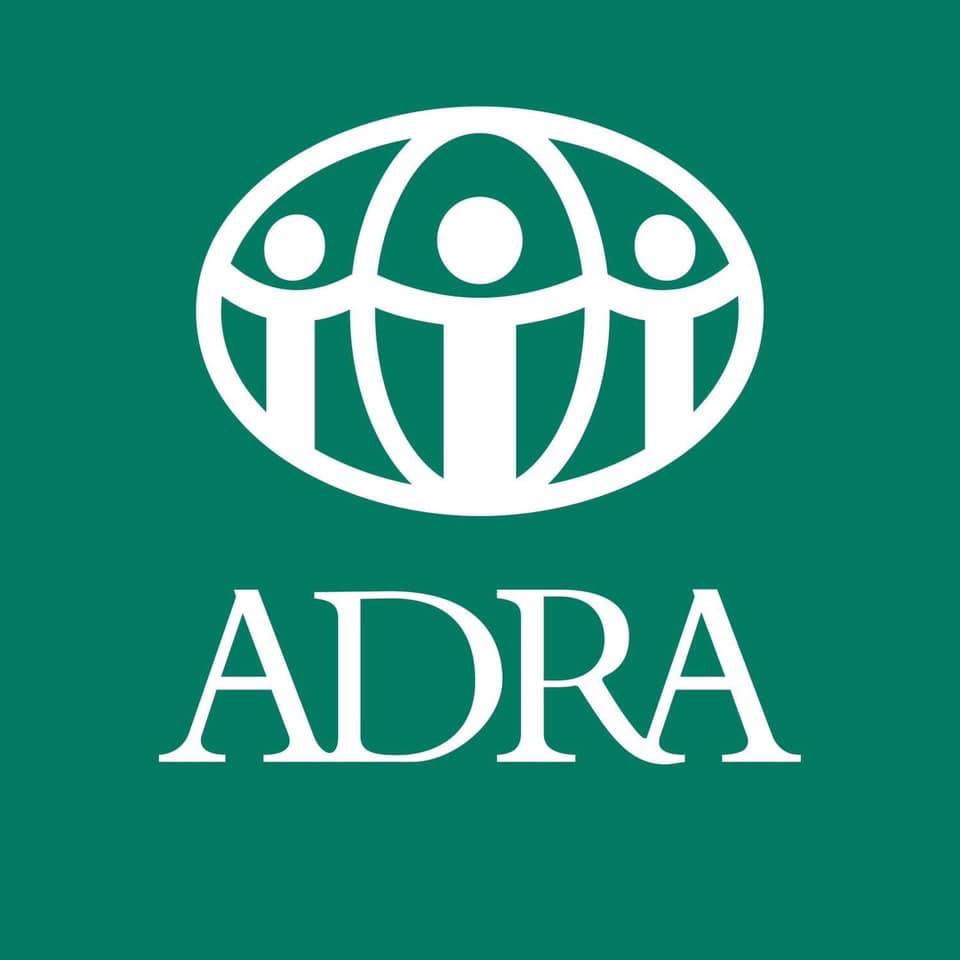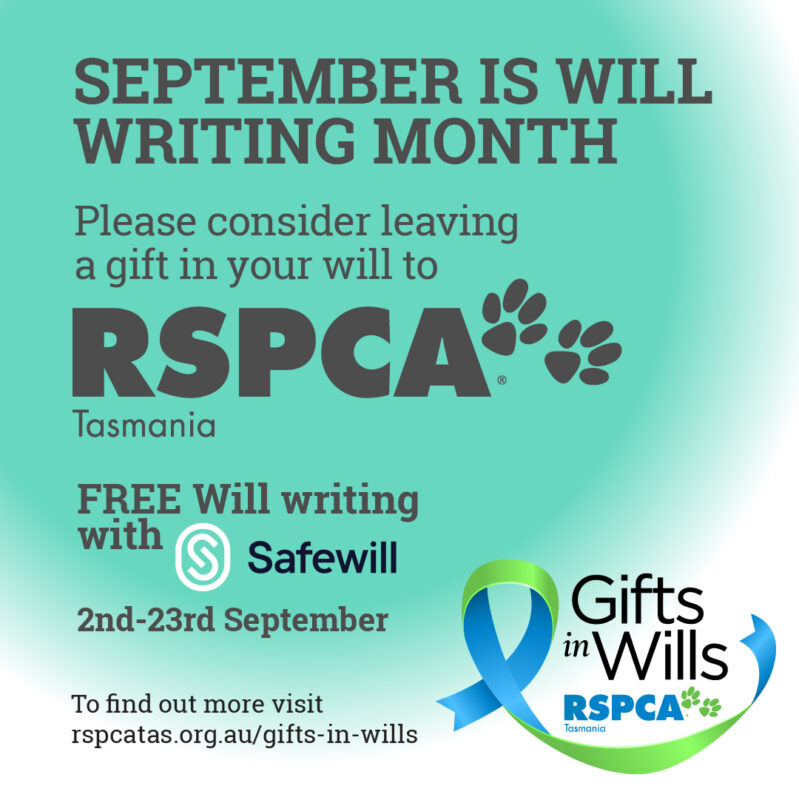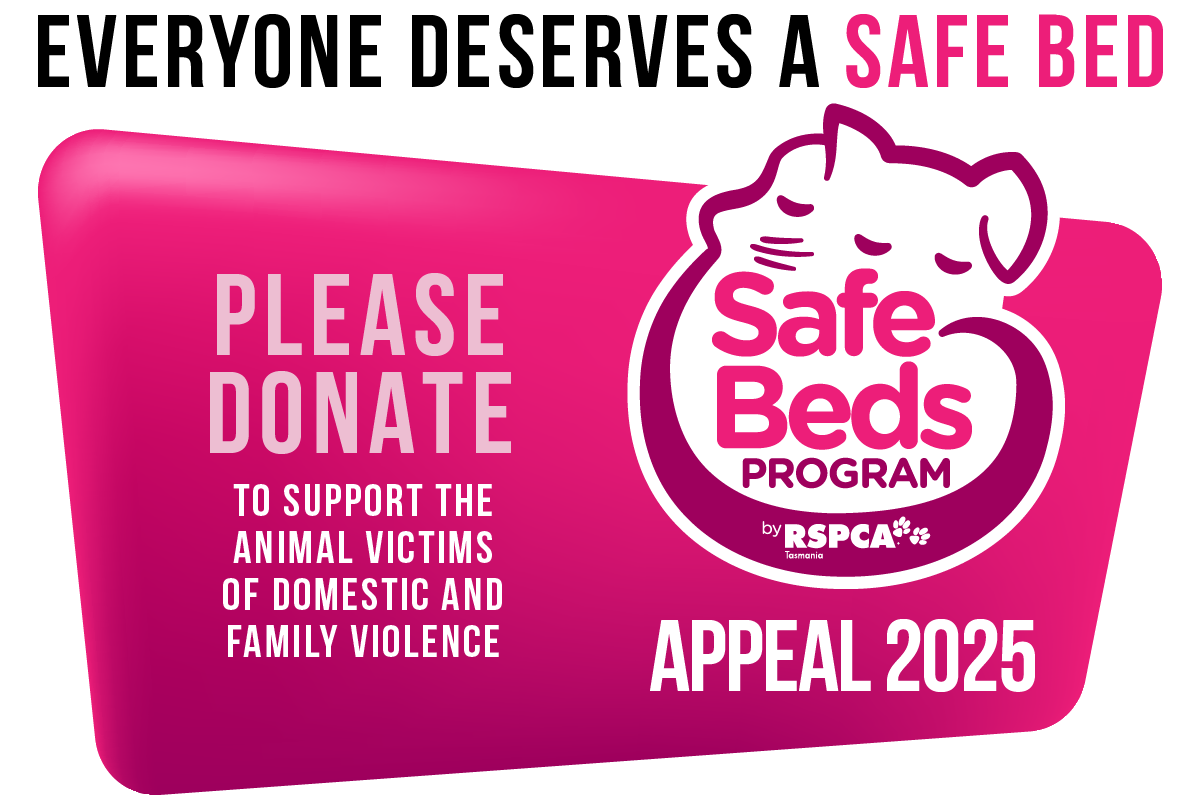So, after self-isolation, you’ve decided to get a new pet, and you want to do your research. Pawsome!
Your first stop should be your local shelter or animal rescue centre to see if you can find a wonderful pet looking for a second chance. However, we recognise not everyone can get out and about these days, so many people will turn to the internet, our go-to place for browsing before we shop.
At the RSPCA, we have a responsibility to make sure that animals bought and sold online are protected from cruelty, by giving the health care, socialisation, and the environments they need to grow up happy and healthy.
For that reason, the RSPCA’s Adopt-a-Pet website is a safe and secure place for you to ‘meet’ your future friend online.
But buying a pet is nothing like other online shopping – and, sadly, not everyone advertising animals on-line is as careful about their animals as we are.
So how can you make sure that the pets you see advertised online are coming from responsible and ethical breeders and re-sellers?
The most important thing to remember is that, if at all possible, you should never buy an animal online without meeting them in person first.
Meeting your new pet before you bring them home is important for so many reasons: you need to see them in real life so you can assess their health and behaviour, check their home environment to be sure they don’t come from a puppy farm, and even just to see that the spark is there between you!
If you buy a pet over the internet without meeting them first, you could inadvertently be supporting puppy farms or poor breeding practices. Not to mention the fact that you could fall victim to a scam, leading to emotional (and financial!) heartbreak.
Sometimes though a physical meeting is not possible. In these cases, you should look for a registered breeder, and ask for references from previous clients. You should steer clear of unregistered breeders or resellers unless you can personally check them out – ask them for references (even their vet), or maybe ask a friend to visit them in person.
To help you screen through the thousands of ads posted daily, keep an eye out for some of these ‘red flags’ in ads which might indicate something amiss:
- ‘Six-week-old puppy’ or ‘six-week-old kitten’: no trustworthy seller will rehome a puppy or kitten before 8 weeks of age. At this age, they won’t be fully weaned and will have poor immune systems.
Transporting very young animals long distances is dangerous and can lead to dehydration and susceptibility to disease, and sellers that care about their animal’s welfare won’t offer this. Always wait until puppies and kittens are at least 8 weeks old before considering bringing them home. - ‘Delivery can be arranged’: no reputable breeder should be willing to part with their animals without meeting the new owners first. Good breeders will want to meet new owners and ask lots of questions to ensure their puppies or kittens are going to suitable homes; and likewise, you should want to meet the breeder and see the animal in person first, along with its mother and – if possible – father.
- ‘Parents DNA tested’: on surface value, this looks like a positive move. But unless proof of DNA testing is provided, and the diseases tested for are known to be associated with that breed, it doesn’t mean much. Many breeds have specific health issues, so researching the breed you’re looking for thoroughly (including talking to a vet) will help you identify what type of test to look for. Additionally, breeders should be able to tell you what they plan to do about test results (eg not breed from dogs that carry those diseases or conditions).
- Limited information: be concerned if the advertisement doesn’t tell you, for example, whether the animal is microchipped or not; how old it is; whether it is desexed or not; and how it has been bred or sourced. Lack of information can indicate a dodgy seller who’s hoping you don’t notice the absence of important facts.
Visit www.rspcatas.org.au for more tips on looking after your pets.
Media Contact
Jan Davis, CEO – RSPCA Tasmania
Email: jdavis@rspcatas.org.au
Mobile: 0409 004 228
Edit 21 April, 2021: Visit puppyscamawarenessaustralia.com.au for the latest reports of known puppy scammers.
























